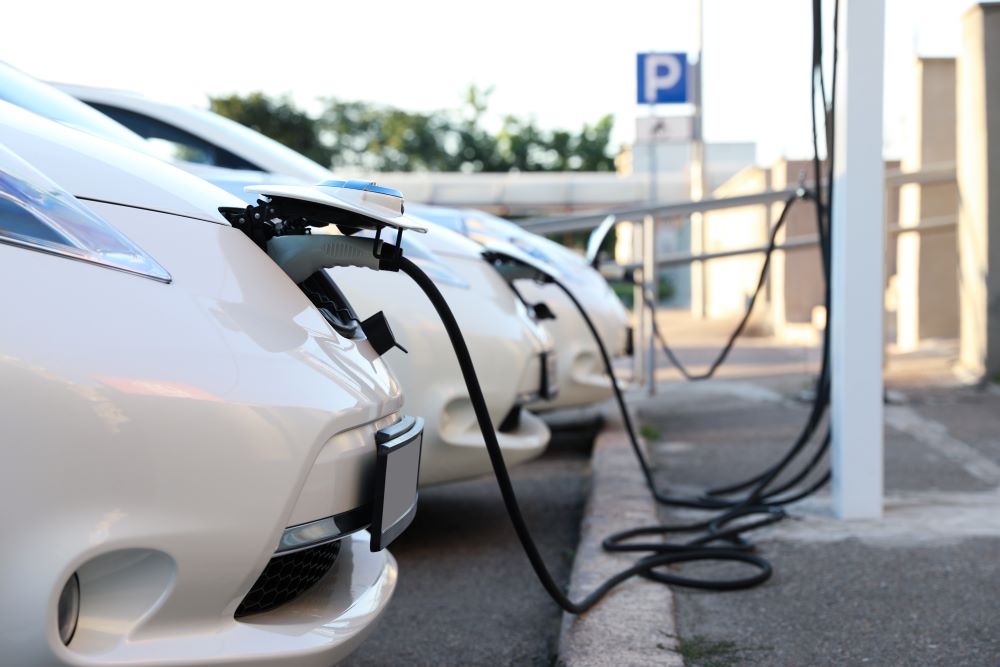Clean Energy Brochure
North Carolina s leading the charge to a clean energy future.
Popular Searches
North Carolina is leading the clean energy transition, offering a competitive business environment for companies in solar, wind, nuclear, bioenergy, and electric vehicles. With one of the most diverse energy portfolios in the US, low building costs and reliable power, and strong legislative support for renewable initiatives, the state is attracting major clean energy investments and manufacturers.
North Carolina is the #4 state for solar installed capacity and is home to the largest wind farm in the Southeast. Business Facilities ranked it in the Top 10 Best States for EV industry investment, solar power, and semiconductor manufacturing.

North Carolina has diversified its energy portfolio by decreasing dependence on fossil fuels and reducing pollution. These actions spurred landmark bipartisan climate legislation that requires utilities to reach carbon neutrality by 2050.

As North Carolina transitions to a clean energy economy, its schools are proactively preparing a pipeline of electrical and industrial engineers, while the First in Talent strategic economic development plan trains workers for clean energy jobs.

Industry leaders in North Carolina like Hitachi Energy, GE, Siemens, ABB, and Schneider Electric are pioneering new grid technologies in charging infrastructure, power and distribution transformers, grid integration, and sustainable electrification..

North Carolina s leading the charge to a clean energy future.
MetOx International Inc., a pioneering manufacturer of high-temperature superconducting wire, will build a major production facility...
Boviet Solar, a Vietnamese Tier 1 solar technology company that specializes in the production of photovoltaic...
Major clean energy projects in North Carolina include Natron Energy’s battery plant, Toyota’s EV battery facility, and Siemens Energy’s transformer factory. These investments highlight the state’s growing clean energy industry.
North Carolina supports clean energy development through forward-looking policies that promote sustainability and reduce reliance on fossil fuels. The state passed landmark bipartisan legislation requiring utilities to achieve carbon neutrality by 2050, setting clear targets for emissions reduction and encouraging investment in renewable energy sources like solar, wind, and nuclear.
Need More Help?
